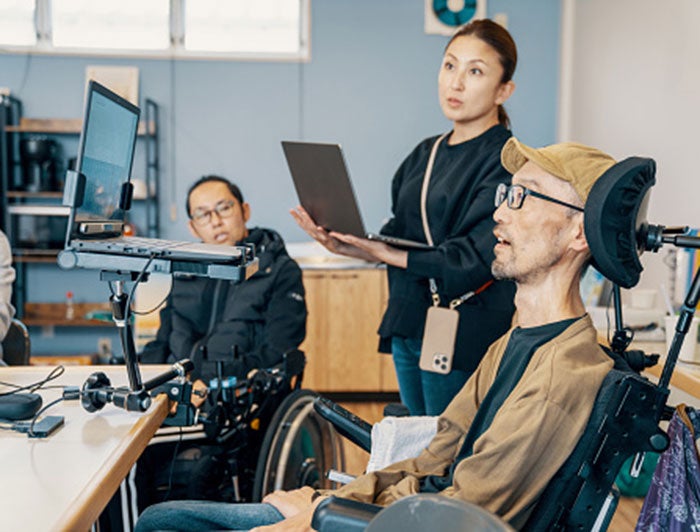UC Davis Health-Developed Technology Translates Brain Signals into Speech with 97% Accuracy

Losing the ability to communicate can be both frustrating and demoralizing, according to Casey Harrell, a 45-year-old man with severely impaired speech due to amyotrophic lateral sclerosis. “It’s like you are trapped.”
But new research out of UC Davis Health in Sacramento, Calif., has the potential to reshape life for people like Harrell who’ve lost that critical connection point.
UC Davis Health researchers recently helped Harrell communicate through a new brain-computer interface, a game-changing advancement for people who can’t speak due to paralysis or ALS. Researchers implanted sensors in Harrell’s brain in a region responsible for coordinating speech. Within minutes of activating the system, he was able to communicate his intended speech with a staggering 97% accuracy.
“Something like this technology will help people back into life and society,” said Harrell. To learn more about how this technology works, and why previous efforts hit roadblocks, read this UC Davis article.

